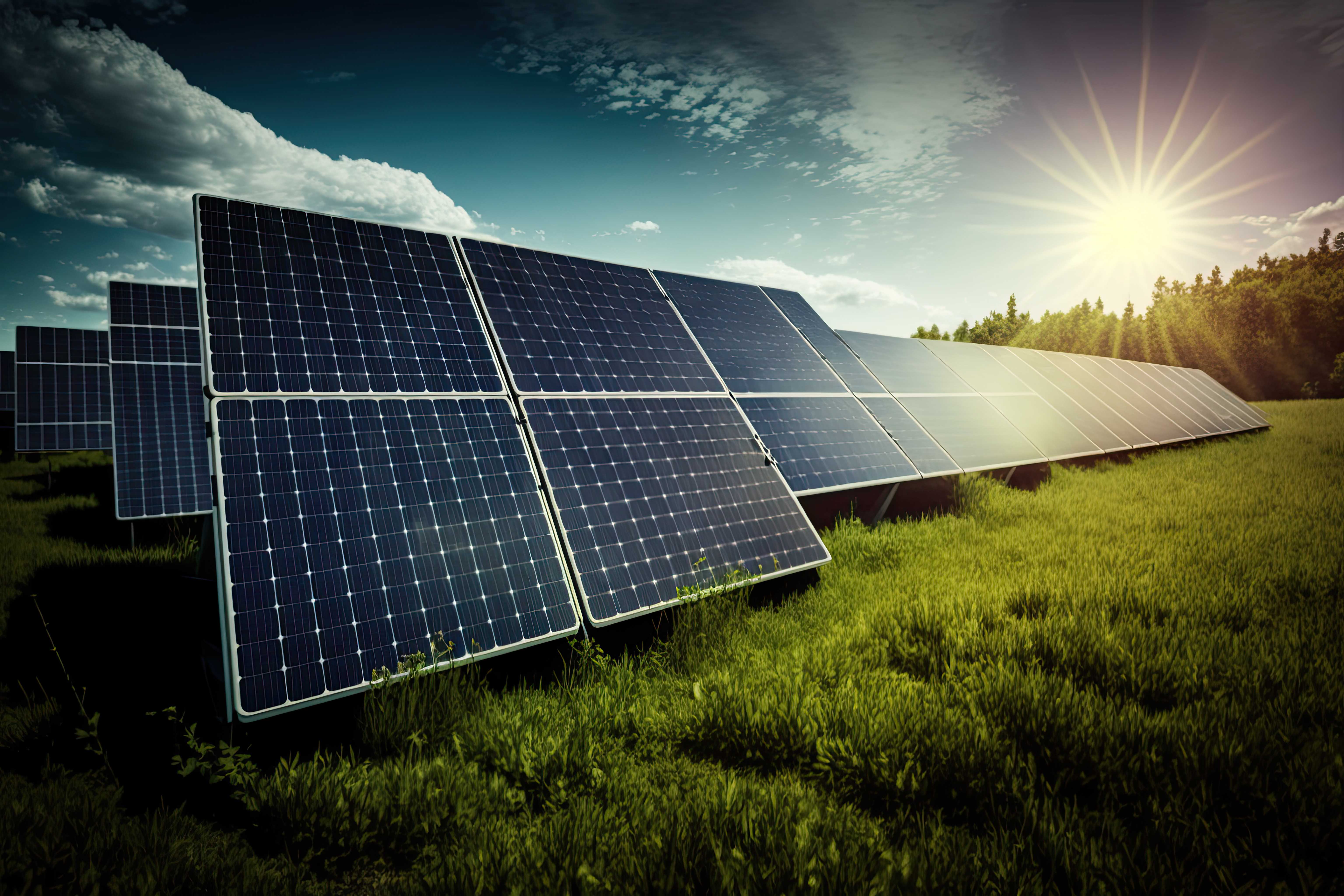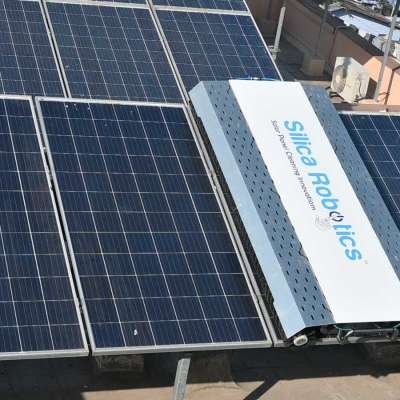Solar Panel Maintenance and Cleaning
Solar panels are a key component of renewable energy systems, converting sunlight into electricity. To ensure that they operate at maximum efficiency, regular maintenance and cleaning are crucial. Over time, solar panels can accumulate dust, dirt, bird droppings, and other debris that can hinder their performance. Effective maintenance and cleaning practices help extend the life of solar panels, improve energy output, and ultimately maximize return on investment. This article will discuss the best practices for solar panel maintenance and cleaning.
Solar panels are designed to be low-maintenance and durable, often with warranties lasting 20-25 years. However, even with their robust design, maintaining them is necessary for ensuring consistent peak performance. The importance of maintenance can be understood through maximizing energy production, preventing damage, and ensuring safety. Dust, leaves, or bird droppings can reduce energy production. Routine maintenance also prevents further damage caused by environmental factors like strong winds or storms.
The first step in maintaining solar panels is a visual inspection, which should be performed periodically. During a visual inspection, check for any accumulation of dirt or debris, cracks or scratches, loose wiring, and corrosion. Regular checks can identify issues early, such as cracks, broken glass, or loose connections. Identifying performance issues early allows for timely corrective action, preventing prolonged periods of inefficiency.
Monitoring the performance of your solar panel system is also important. Many solar power systems come with monitoring tools that provide real-time data on energy production. By monitoring this data, you can detect any unusual dips in performance, indicating a problem that needs to be addressed. Inverter maintenance is also crucial. The inverter converts the direct current produced by the panels into alternating current that can be used by your home or business. Check indicator lights, ensure proper ventilation, and monitor energy production. Professional servicing once a year is recommended. A professional technician will conduct a thorough inspection of the system, identify any issues that may not be visible to the untrained eye, and ensure the system is functioning properly.
Cleaning is a major aspect of solar panel maintenance. Over time, dust, dirt, pollen, bird droppings, and other debris can accumulate on the panels, reducing their ability to capture sunlight. Depending on the location and environment, the frequency and method of cleaning vary. The frequency of cleaning solar panels largely depends on your location and surrounding environment. If panels are installed in an area prone to dust storms, pollution, or high levels of pollen, they may need more frequent cleaning.
There are several ways to clean solar panels, and choosing the right method depends on the level of dirt and the tools available. For residential installations, manual cleaning using water, a soft cloth, or a squeegee is often effective. Use deionized or distilled water to avoid mineral buildup on the panels. Avoid abrasive brushes or harsh chemicals that could damage the panel surface. Water-fed poles are extendable and allow you to clean panels on rooftops safely from the ground. They are often equipped with soft-bristle brushes and use deionized water for a streak-free finish. For large commercial installations, robotic cleaners provide a more efficient solution. These robots move across the surface of the panels, using rotating brushes or microfiber cloths to remove dirt. Robotic cleaners can be programmed for regular cleaning, ensuring consistent energy output. In areas where water is scarce, specialized brushes, microfiber pads, or air-blow systems can effectively clean the panels without using water.
Cleaning <a rel="dofollow" href="https://www.nessolar.in/\"> solar panels </a> can be dangerous, particularly if they are installed on high rooftops or in hard-to-reach places. Always prioritize safety by avoiding direct contact with electrical components, avoiding cleaning during high heat, and using safety harnesses when working on rooftops.
To ensure effective solar panel maintenance and cleaning, check the weather and clean panels during cool and overcast conditions, preferably early mornings when the dew may have loosened dirt. Use soft brushes, as abrasive materials can scratch the glass on the panels, and avoid harsh chemicals. When panels are located in high or dangerous locations, hiring a professional service is the best way to ensure safety while maintaining performance.
Proper <a rel="dofollow" href="https://www.nessolar.in/SolarO....perationAndMaintenan solar panel maintenance </a> and cleaning are essential for ensuring consistent and optimal performance of solar energy systems. Regular inspections, monitoring performance, maintaining inverters, and cleaning the panels will help prevent a drop in energy production and ensure the panels continue to operate efficiently. Although solar panels are relatively low-maintenance, a proactive approach can significantly extend their lifespan, providing clean energy and maximizing the investment. Proper maintenance not only improves efficiency but also contributes to a sustainable and eco-friendly future by ensuring that every ray of sunlight is put to good use.
#solar












